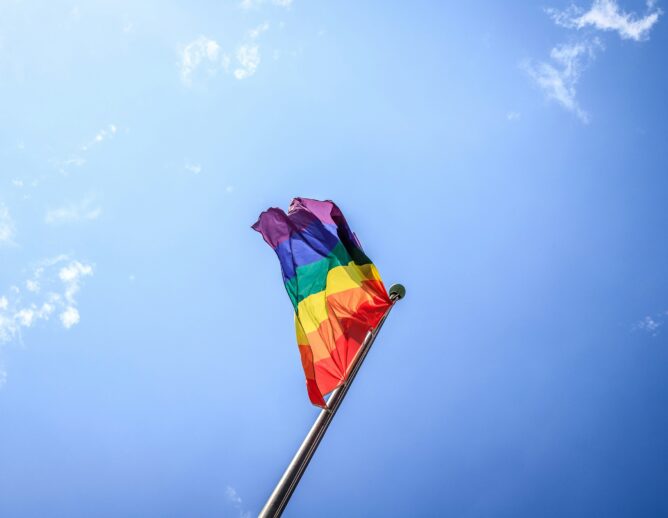
Image Courtesy of http://www.may28.org/.
Today is the International Day of Action for Women’s Health. Since 1987, the campaign has provided advocates with a space to identify gaps in the area of women’s health and coordinate calls to action. The collaborative calls to action have focused on a range of topics, including access to quality health care, access to safe and legal abortion, women and HIV/AIDS, violence against women as a global health emergency, and young people’s sexual and reproductive health and rights (SRHR). The campaign is both a celebration of the gains made through efforts to improve women’s health and a reminder of the work that remains to be done.
Unfortunately, women’s right to health, particularly their right to sexual and reproductive health, continues to be violated by various actors. Governments, for example, violate women’s right to health when they interfere with women’s access to medically-necessary sexual and reproductive health services. The failure to make such services available and accessible, moreover, constitutes institutional violence (violence perpetuated by the State) against women and, in some cases, cruel, inhuman and degrading treatment of women. Institutional violence is particularly devastating for marginalized women, such as women who are young, unmarried, poor, racial or ethnic minorities, HIV-infected, of diverse sexual orientations or gender identities, or living with a disability, who already face significant barriers when attempting to access sexual and reproductive health services.
This year, the International Day of Action for Women’s Health campaign highlights the following forms of institutional violence:
- The denial of the right to access safe and legal abortion services
- Forced or coerced sterilizations
- Obstetric violence
- The denial of the right to access contraception, including emergency contraception
As parties to various international human rights treaties, governments have an obligation to end violence against women in all its forms, including institutional violence. They can do so by ensuring that national laws and policies are consistent with international human rights norms and eliminating stigma, discrimination and other structural barriers that women face when seeking sexual and reproductive health services.
Governments can also reaffirm their commitment to ending institutional violence at the international level. The intergovernmental negotiations that are currently taking place at the United Nations will define the Post-2015 Development Agenda, which will succeed the Millennium Development Goals (MDGs) and will inform future development policies, programs and funding at international, regional and national levels. Now is the time to call upon governments to position SRHR at the center of the Post-2015 Development Agenda, as they are integral to ensuring that the agenda is truly universally-relevant and transformative.
Join me in endorsing the campaign’s Call for Action, which urges governments worldwide to respect, protect and fulfill women’s right to health, dignity and bodily integrity, and to end violence against women in all its forms. And spread the word by sharing the hashtags #May28 and #WomensHealthMatters today!

Image courtesy of http://www.may28.org/.



